Conference overview
On May 10, the Ministry of Agriculture and Environment coordinated with the People's Committee of Bac Ninh province to organize a conference to deploy the "Plan to implement Resolution No. 57-NQ/TW of the Politburo on breakthroughs in science and technology development, innovation and national digital transformation" in the fields of agriculture and environment.
The key role of science and technology in agricultural development
Speaking at the conference, Minister of Agriculture and Environment Do Duc Duy highlighted the special importance of Resolution No. 57-NQ/TW dated December 22, 2024 of the Politburo on breakthroughs in science, technology, innovation and national digital transformation. According to him, this resolution was issued at a time when digital transformation has become an inevitable trend, no longer a new concept.
Minister Do Duc Duy quoted: “Resolution No. 57-NQ/TW clearly stated: "Development of science, technology, innovation and digital transformation is a decisive factor in the development of nations; is a prerequisite, the best opportunity for our country to develop rapidly, sustainably and become a developed, rich and powerful nation in the new era - the era of the Nation's rise."
For the agricultural and environmental sectors, Resolution 57-NQ/TW has strategic significance in the context that Vietnam is facing urgent challenges such as increasingly severe climate change, rapidly depleting resources and great pressure from the requirements of green growth and emission reduction.
Mr. Do Duc Duy pointed out that traditional agricultural production models, which depend on manual labor and consume large amounts of inputs, are no longer suitable for the current situation. Instead, advanced trends such as circular agriculture, multi-value agriculture, green transformation and digital transformation are becoming extremely urgent.
"To change the situation, improve productivity, quality, and added value of products, while protecting the living environment for current and future generations, we must innovate our thinking and approach, placing science and technology and digital transformation as the foundation for development," Minister Do Duc Duy emphasized.
In recent times, the agricultural and environmental sectors have proactively implemented many efforts and initiatives to apply technology, from high-tech agricultural models, smart livestock farming, to environmental monitoring using sensors, building digital maps and databases on land, forests and meteorology.
Institutional bottlenecks hold back agricultural science
Although Minister Do Duc Duy acknowledged positive changes, to achieve "breakthrough and development" in the spirit of Resolution 57, the agricultural and environmental science and technology sector still faces many major challenges.
According to Minister of Construction Do Duc Duy, many current scientific research projects do not really meet the development needs of the country. Mr. Do Duc Duy emphasized that the situation of research being difficult or impossible to commercialize or apply to real life is a big challenge.
For agricultural science to "take off", it is necessary to remove "bottlenecks"
According to Dr. Nguyen Van Long - Director of the Department of Science and Technology (Ministry of Agriculture and Environment), one of the main bottlenecks is the stagnation in institutional innovation, especially in the mechanism of employing talented people. Currently, the legal corridor is not open enough to attract and retain highly qualified scientists, the key factor in building strong research groups, the foundation for all breakthroughs.
"Despite having a workforce of more than 11,400 scientists, a network of 21 research organizations and more than 16,000 hectares of land, exploitation efficiency is still very modest. The underlying cause lies in the lack of specific, competitive and creative incentive policies," said Dr. Nguyen Van Long.
Another problem lies in the unreasonable allocation of resources. While local budgets can allocate up to 2% of total expenditure on science and technology but lack human resources to implement it, at the central level, where many leading experts are concentrated, there is a lack of research funding.
Notably, the majority of science and technology funding (about 54%) is "withheld" for administrative apparatus and salaries, instead of being invested directly in research activities. This seriously weakens the ability to create scientific products with practical and commercial value.
According to Dr. Nguyen Van Long, cumbersome and lengthy administrative procedures are also a major obstacle. Many scientific topics take 5-6 years from proposal to implementation, making research results outdated. This slows down the process of transferring technology to production and wastes resources.
In reality, the industry's potential is not small, but the management mindset of "old wine in new bottles" and the lack of real autonomy in finance, tasks, and personnel of science and technology organizations are hindering development. While businesses can proactively borrow capital to invest in research, scientific organizations are "tied down" by administrative regulations.
"More worryingly, while developed countries are focusing on building excellent research groups of regional and international stature, in Vietnam, especially in the fields of agriculture and environment, the number of strong research groups is still very limited. Even the growth rate in the number of professors, associate professors and leading scientists is showing signs of slowing down, even declining from 2024 to present," said Dr. Nguyen Van Long.
Prioritize investment in biotechnology and genetics for agriculture
Mr. Do Duc Duy said that in the coming time, the Ministry will focus on perfecting institutions, policies and reforming administrative procedures to open up the flow of innovation in both the public and private sectors. Effectively mobilizing domestic and foreign resources for science and technology will play a key role.
The Ministry will also identify and focus investment on science and technology fields with great potential, such as biotechnology and gene technology, to improve product quality, save resources and create added value for the agricultural and environmental sectors.
In addition, the system of public science and technology organizations will be reorganized in a streamlined, efficient, competitive and knowledge-disseminating direction to the market. The mechanism for assigning scientific tasks will also shift to ordering and bidding, more closely linked to production practices and towards commercialization of research results.
According to Minister Do Duc Duy, the development of high-quality human resources in the fields of science, technology and digital transformation is also given special attention, with a close connection between training, research and practical application. The mechanism to attract domestic and foreign experts and scientists, especially from the private sector, to participate in important tasks of the industry will be prioritized.
Finally, promoting comprehensive digital transformation, from policy making, management to production and consumption, is considered a key factor for digital data, digital technology and digital economy to truly become competitive advantages in the new development stage.
Source thoibaonganhang
Source: https://baotayninh.vn/nghi-quyet-57-luong-gio-moi-cho-nong-nghiep-a189907.html


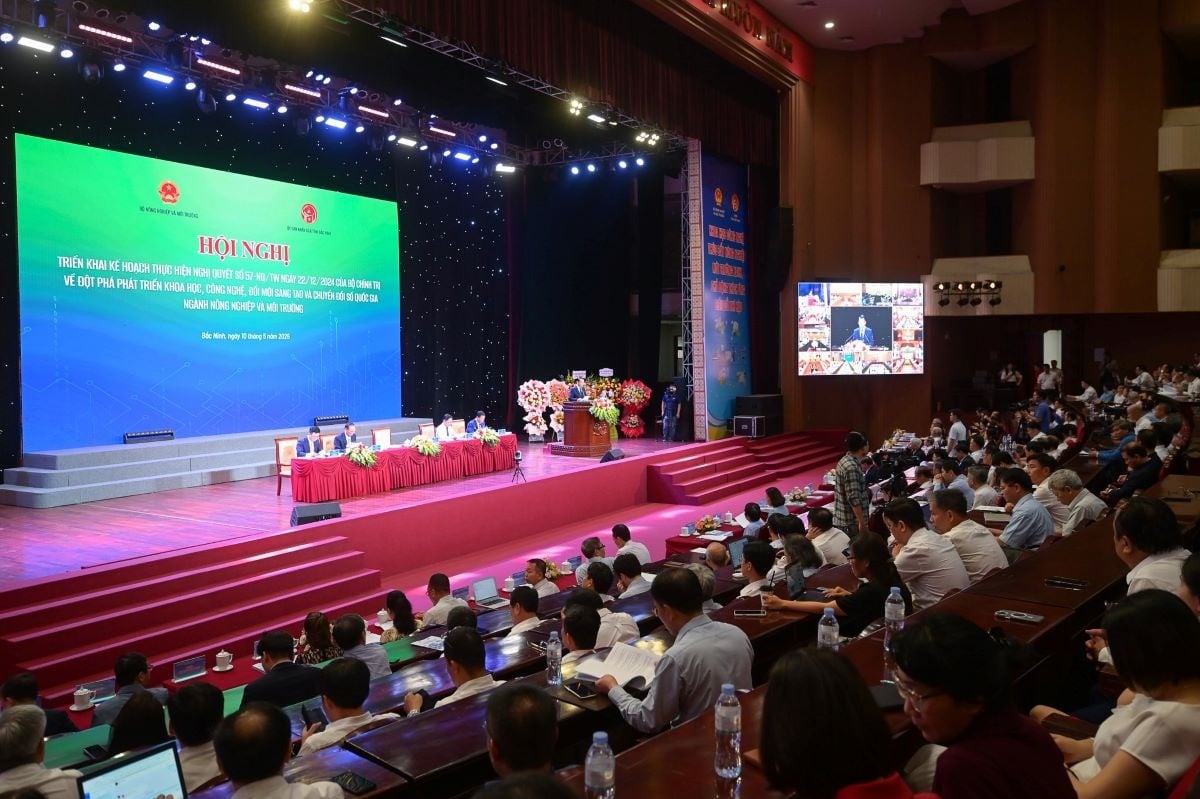
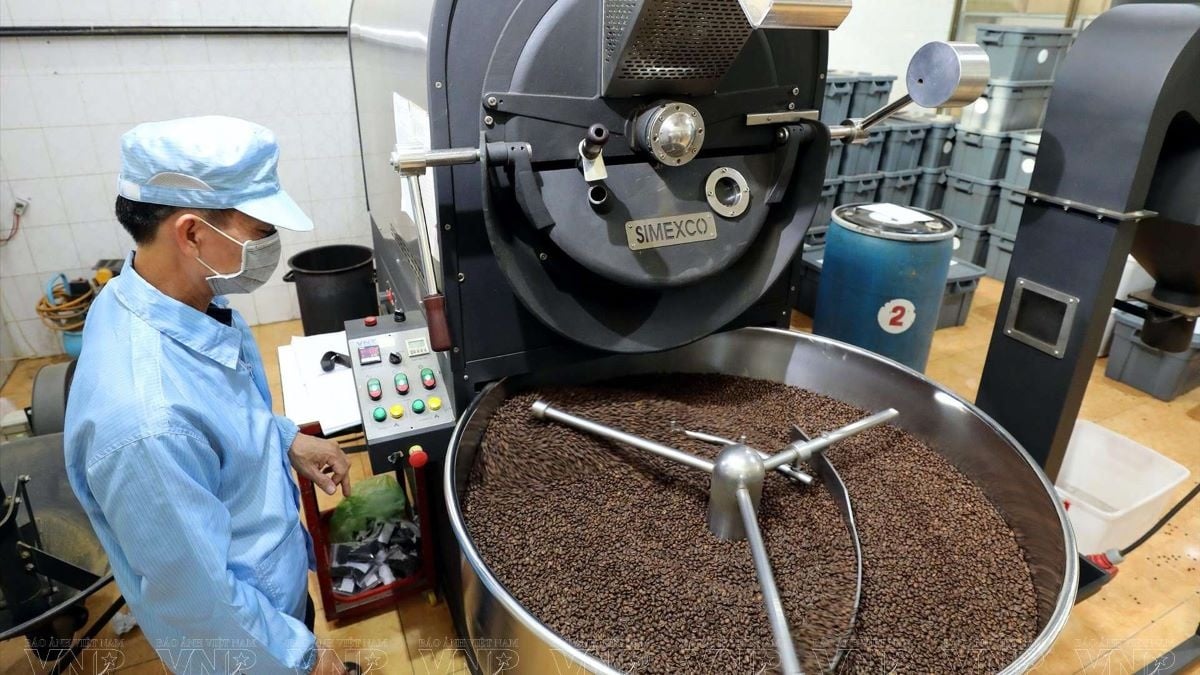
![[Photo] Readers line up to visit the photo exhibition and receive a special publication commemorating the 135th birthday of President Ho Chi Minh at Nhan Dan Newspaper](https://vphoto.vietnam.vn/thumb/1200x675/vietnam/resource/IMAGE/2025/5/17/85b3197fc6bd43e6a9ee4db15101005b)



![[Photo] More than 17,000 candidates participate in the 2025 SPT Competency Assessment Test of Hanoi National University of Education](https://vphoto.vietnam.vn/thumb/1200x675/vietnam/resource/IMAGE/2025/5/17/e538d9a1636c407cbb211b314e6303fd)
![[Photo] Prime Minister Pham Minh Chinh chairs meeting on science and technology development](https://vphoto.vietnam.vn/thumb/1200x675/vietnam/resource/IMAGE/2025/5/17/ae80dd74c384439789b12013c738a045)



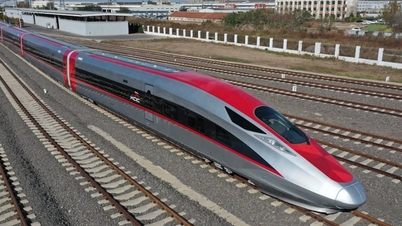

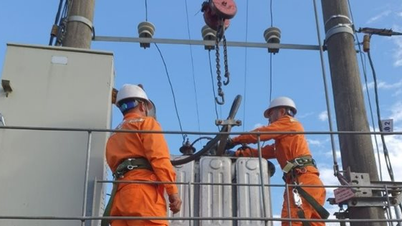

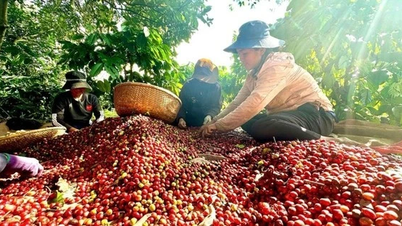

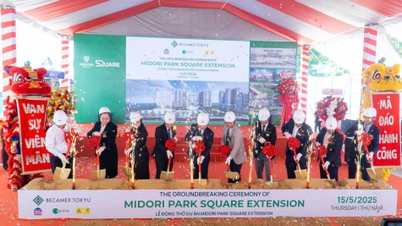





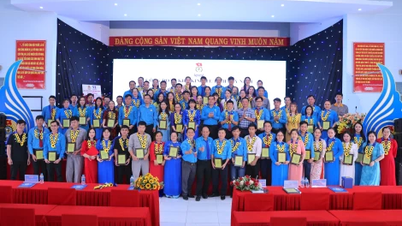

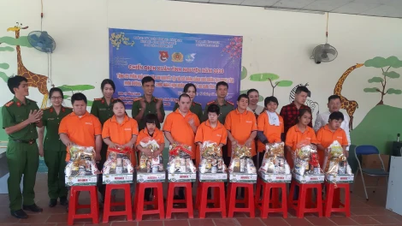
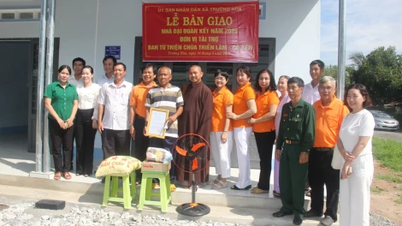

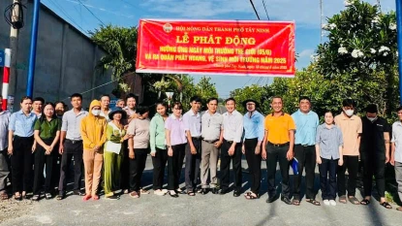
![[Photo] Nearly 3,000 students moved by stories about soldiers](https://vphoto.vietnam.vn/thumb/1200x675/vietnam/resource/IMAGE/2025/5/17/21da57c8241e42438b423eaa37215e0e)
























































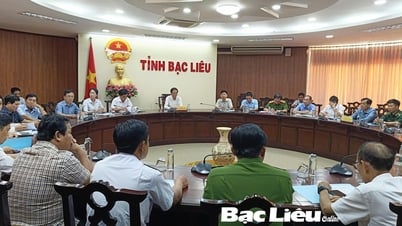












Comment (0)